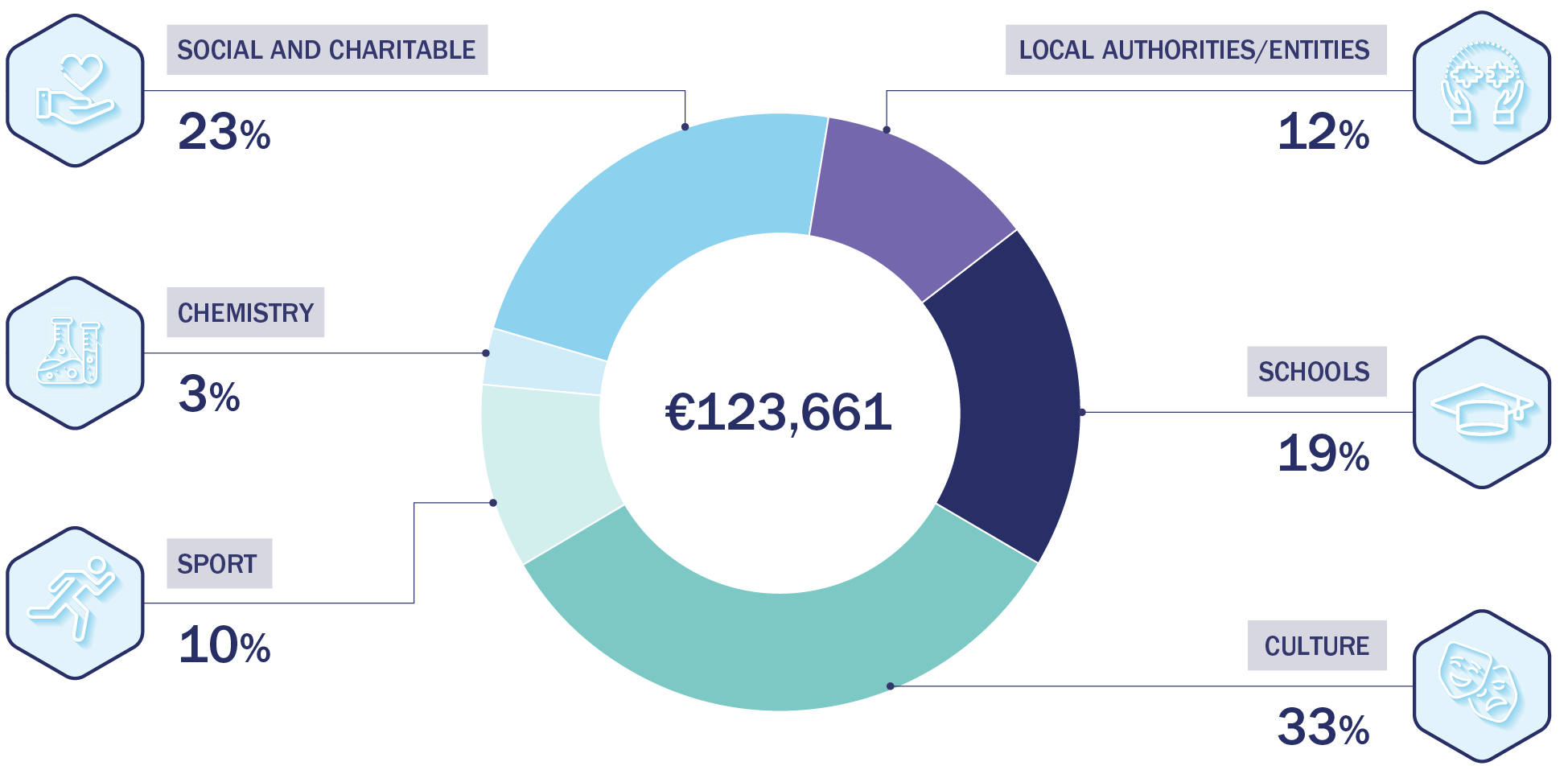We are renewing the formula, year after year, for a future that cares for people, the planet and the community.
Since 1957 our mission has been to improve the quality of people's lives through the production of active pharmaceutical ingredients (APIs). In 2024 this commitment has been strengthened, setting out a growth path guided by a clear vision.
Renewing the formula
Under the leadership of the new shareholder Bain Capital and the CEO Daniele Piergentili, we have received a strategic and organizational boost that will now enable us to target ever-more ambitious goals. .
Environmental sustainability is one of our drivers of growth..
The results of our efforts
In a challenging context, we have managed to maintain excellent performance in terms of sales and EBITDA, up significantly from the previous year. Our products continue to gain ground in a diverse range of markets, supported by a portfolio of more than 300 long-term customers, including 12 of the leading multinational pharmaceutical companies.
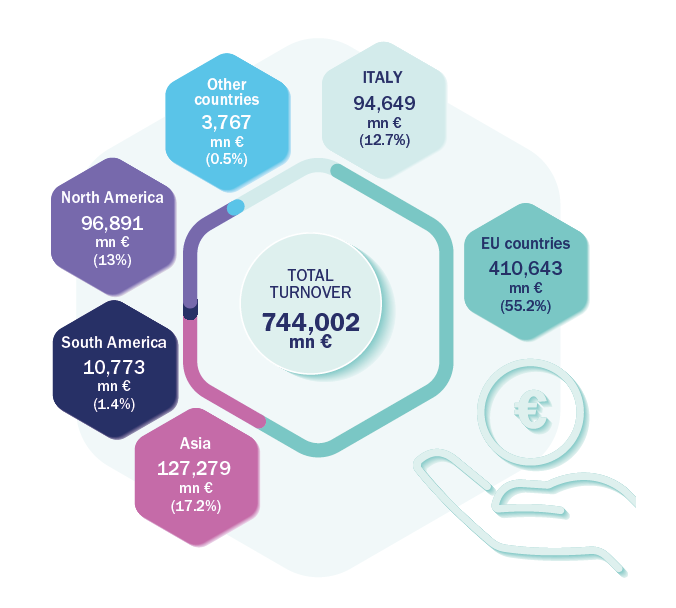
COMPANY TURNOVER BY MAIN GEOGRAPHICAL AREA
Our people drive our development
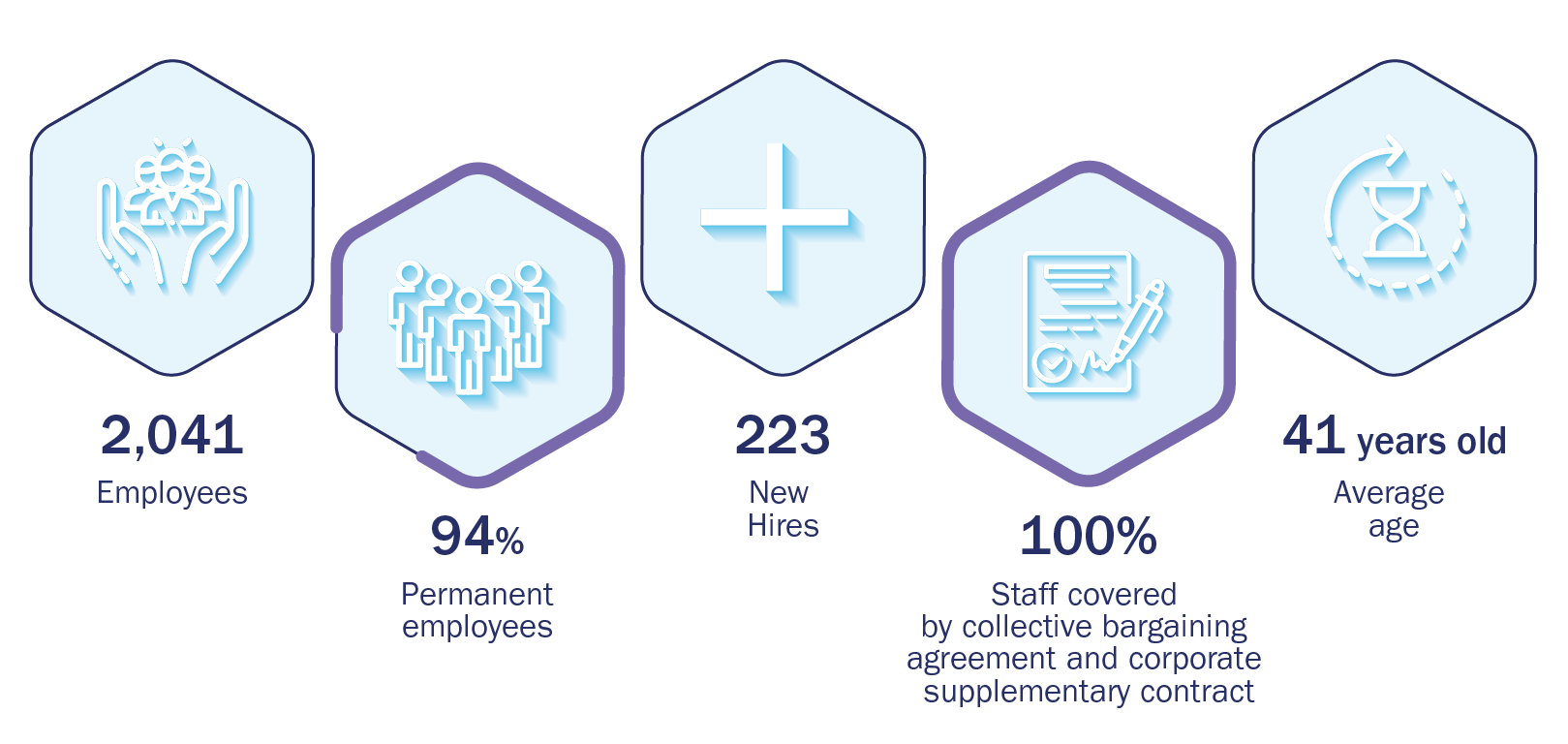
The beating heart of our growth
With more than 2,300 employees, 94% of whom are on permanent contracts, we create stable employment and promote continuity of employment, for a constantly growing community. 67% of our staff have been with the company for at least five years, and 100% are covered by national and second-level collective bargaining agreements.
Continuous training is a tool for growth
In 2024 we delivered over 68,000 hours, equivalent to 4 days per year per employee, to strengthen skills and develop new knowledge.
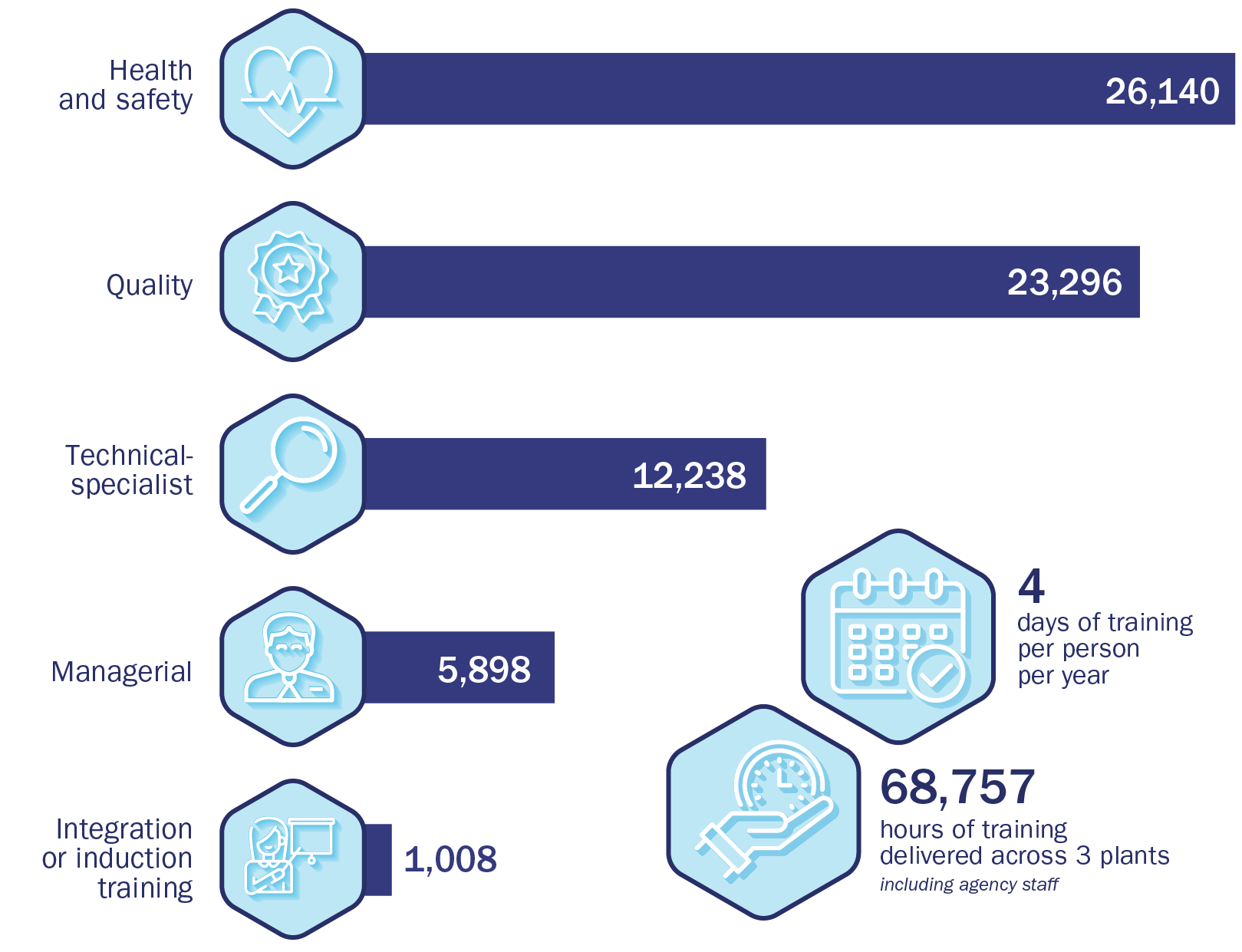
Every day, we create a safe and inclusive working environment
Our working environment is inclusive, motivating, and geared towards the well-being of everyone. A commitment that engenders trust, strengthens a sense of belonging, and contributes to the lasting success of the company.
All employees are able to care for children up to age 18 and elderly parents by taking time off paid at 50% for up to a maximum of 48 hours per year.
Safety comes first: in 2024, we only recorded minor injuries, with the lowest frequency index in the chemical sector.
Every day, we take all necessary steps to protect our community.
We grow by respecting the planet
We pursue 9 goals of the UN 2030 agenda for sustainable development
A key reference point in this journey has been the Sustainable Development Goals (SDGs) of the United Nations. Of these, SDG 3 - "Ensuring health and well-being for all and all ages” - is at the core of our business.
We also adhere to SDGs 4, 5, 6, 7, 8, 9, 12 and 13, which align with our values.
For each of these goals, we have given ourselves concrete, measurable targets, to guide us in making each of our choices sustainable.

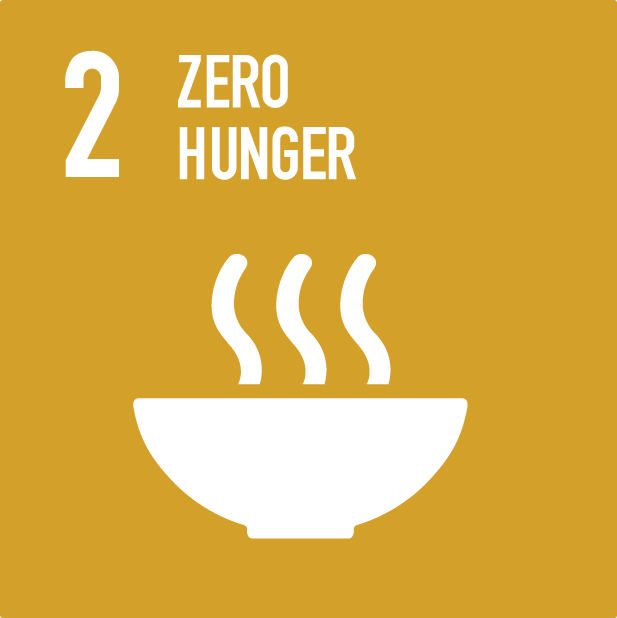
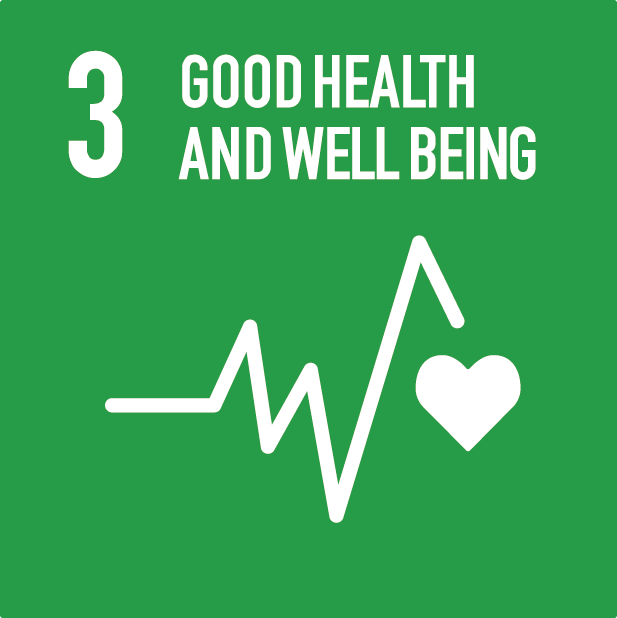
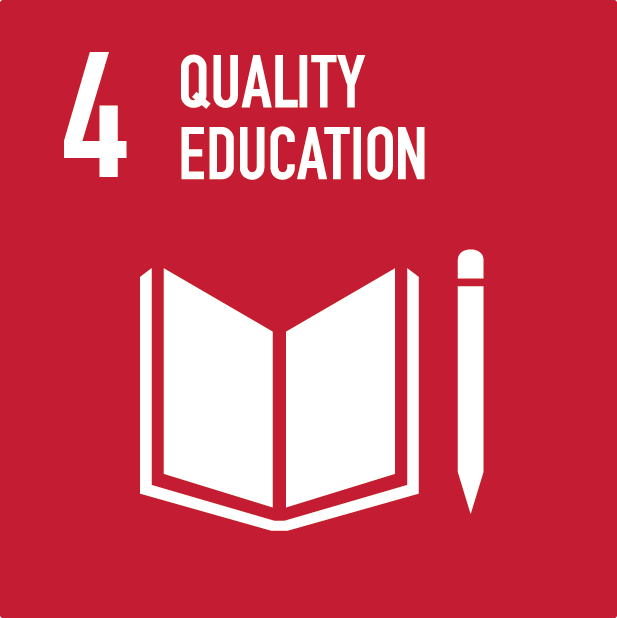
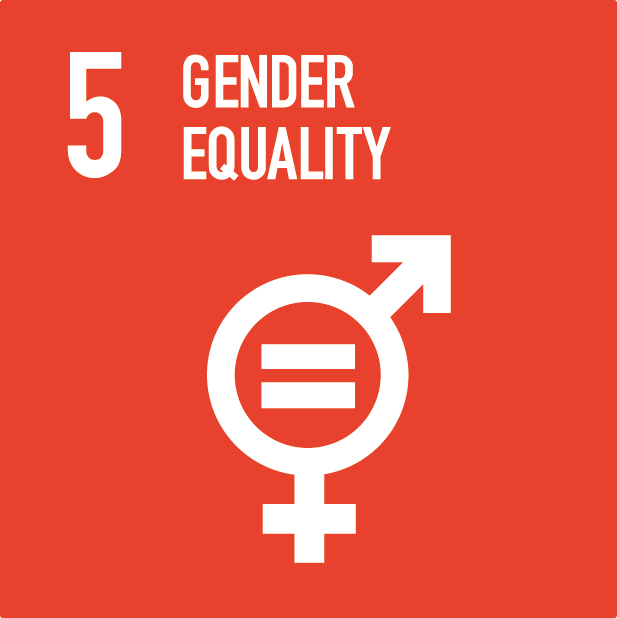

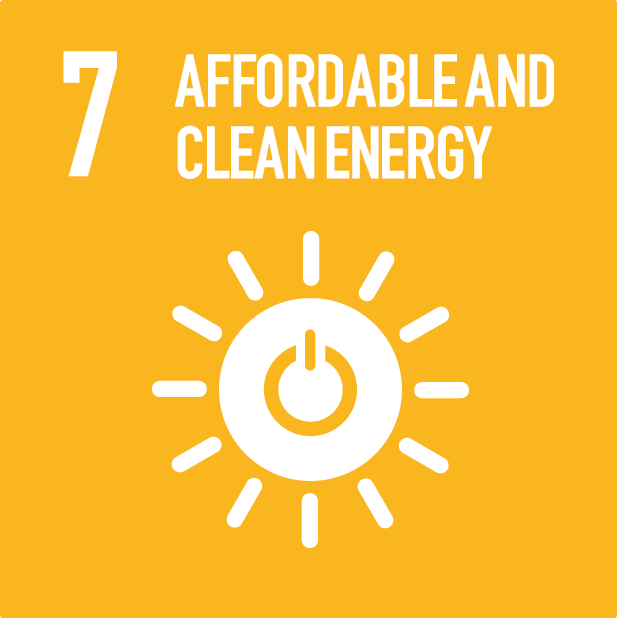
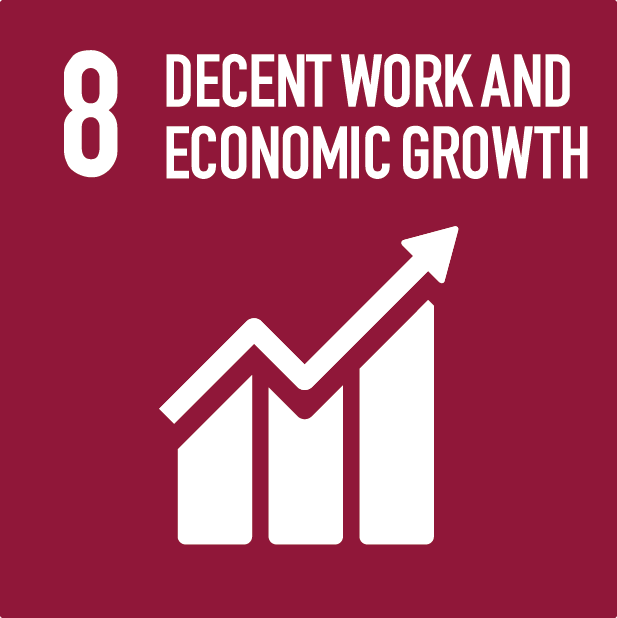
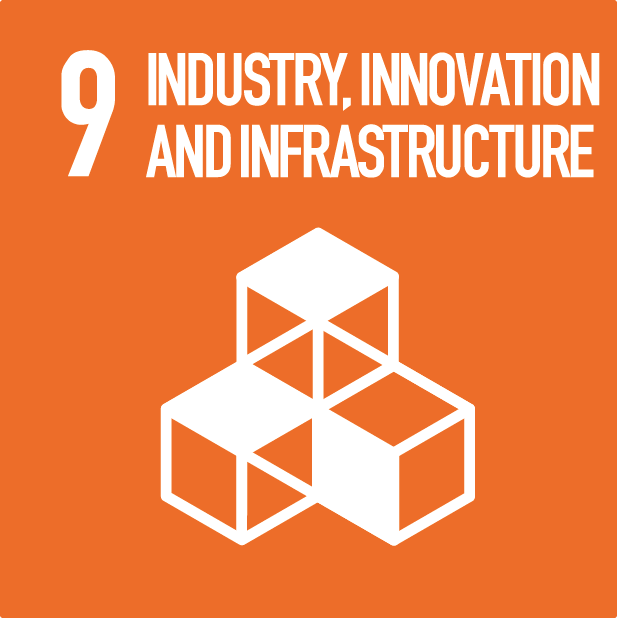
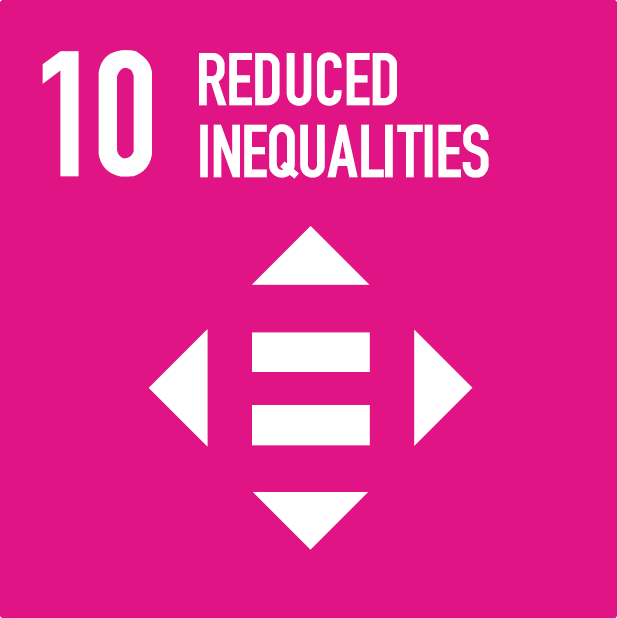
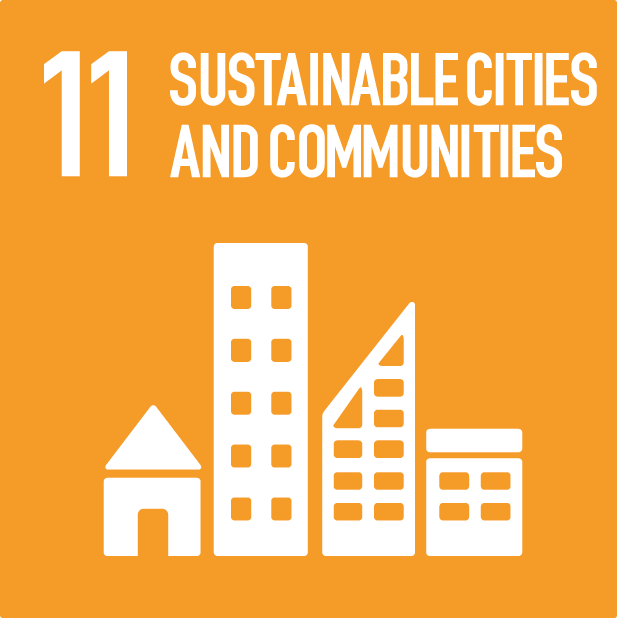
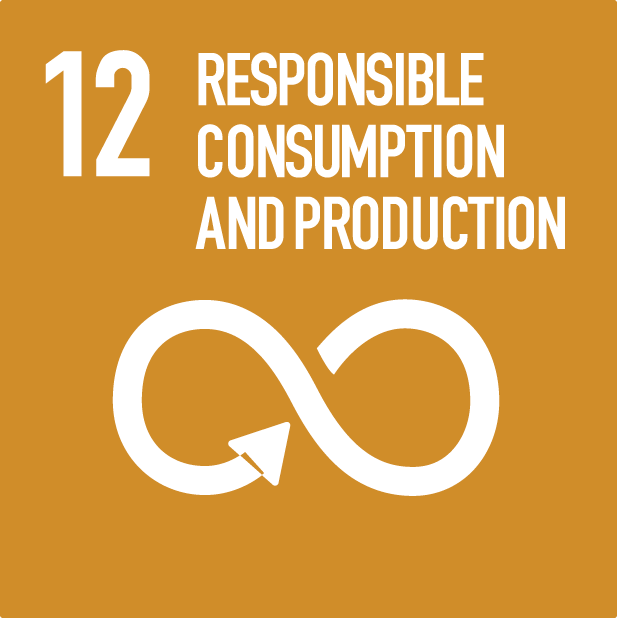
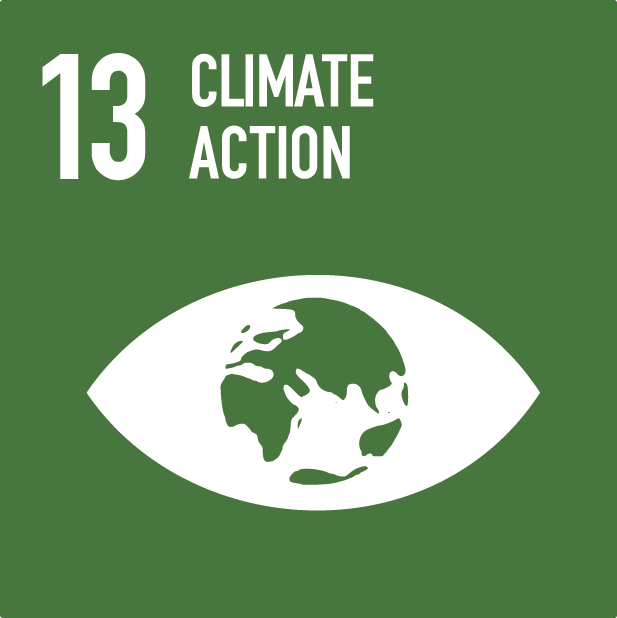
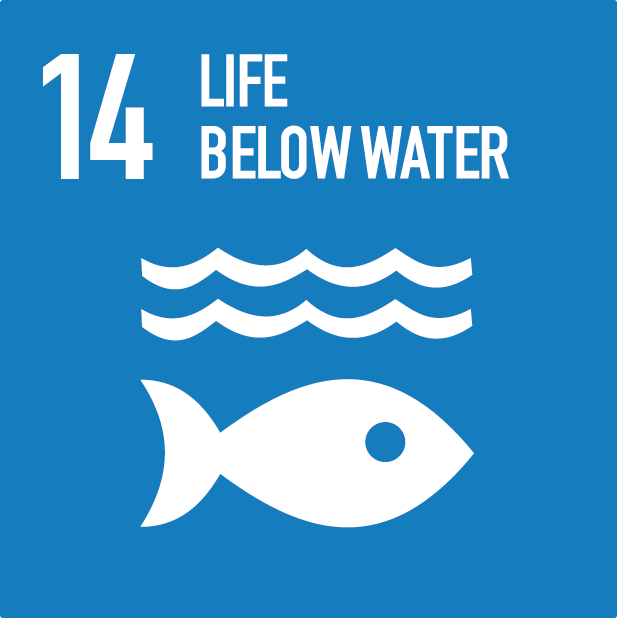
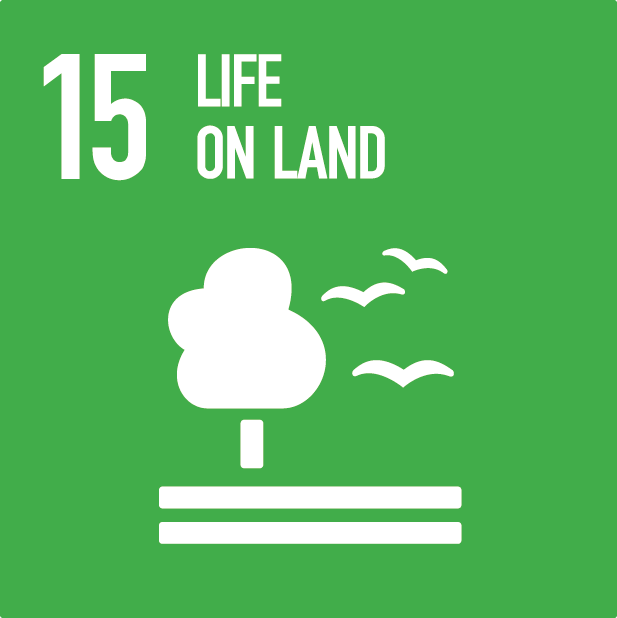
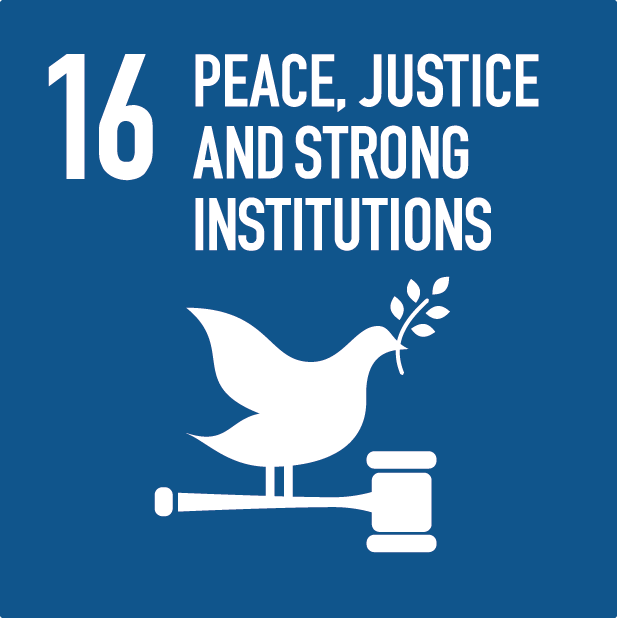
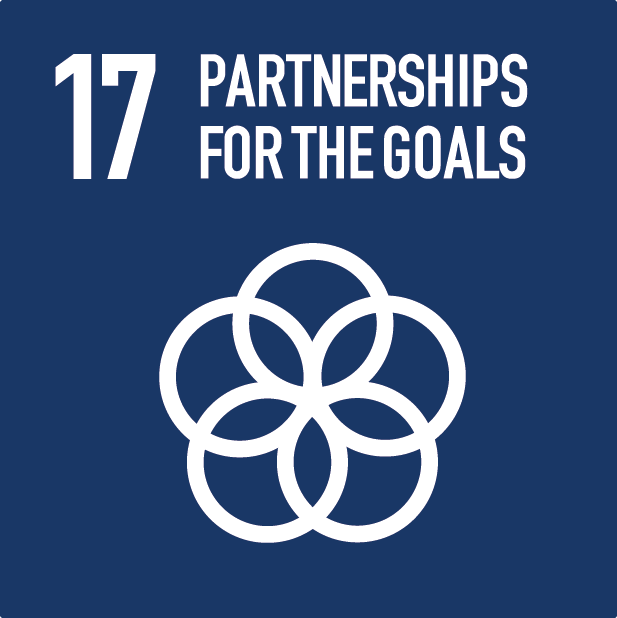
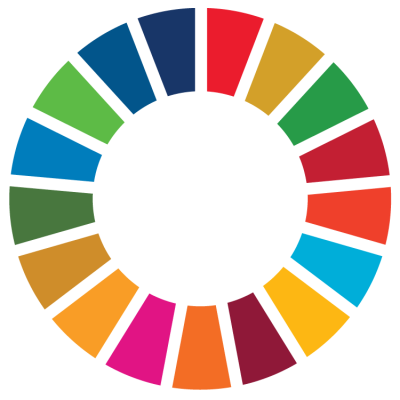
Innovation helps us to change.
And to improve.
Since 2021, we have been monitoring PMI (Product Mass Intensity), and in 2024 we achieved an average PMI reduction of 15.7%, exceeding the target of 15%.
We have started measuring the reduction of CO2 (4.5%) and water (27%) in syntheses, and the results are encouraging.
Growth also means learning to be efficient
Our work involves heavy use of energy and water resources.
That is why we are committed to reducing their use, as well as cutting CO2 emissions.
In the territories, close to the people people
CSR activities in local areas are key to building and improving the quality of life of communities and promoting sustainable development. We work with the local authorities and NGOs to ensure support for people in need and to protect the human rights of external stakeholders.
In 2024, we paid out around 30 grants to projects and institutions in the territories where FIS plants are located.
